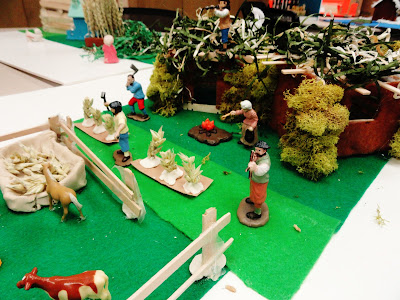Requirements:
- 1-page essay
- 11 pt. font, double-spaced, standard margins
- Please note that a full page is approximately 500 words and, when double-spaced, will take up two pages.
- Include at least one source that is not your textbook/class notes (properly cited). To receive full credit for this assignment you will need to do some research on your own.
- You may earn up to 6 points to be added to your lowest test grade for the quarter.
Topic:
In Chapter 4, we discovered how new ideas began to shape the way colonists viewed religion and government. In your essay, explore both the Great Awakening and the Enlightenment. Explain what the Great Awakening was, how it changed religious views/ideas in the colonies, and how inspired democratic ideas. You will need to introduce and give information about those who played key roles in the Great Awakening (such as Jonathan Edwards). Explain what the Enlightenment was and how it differed from traditional views of government. You will need to go into detail about the philosophies/writings of both John Locke and Baron de Montesquieu.




























